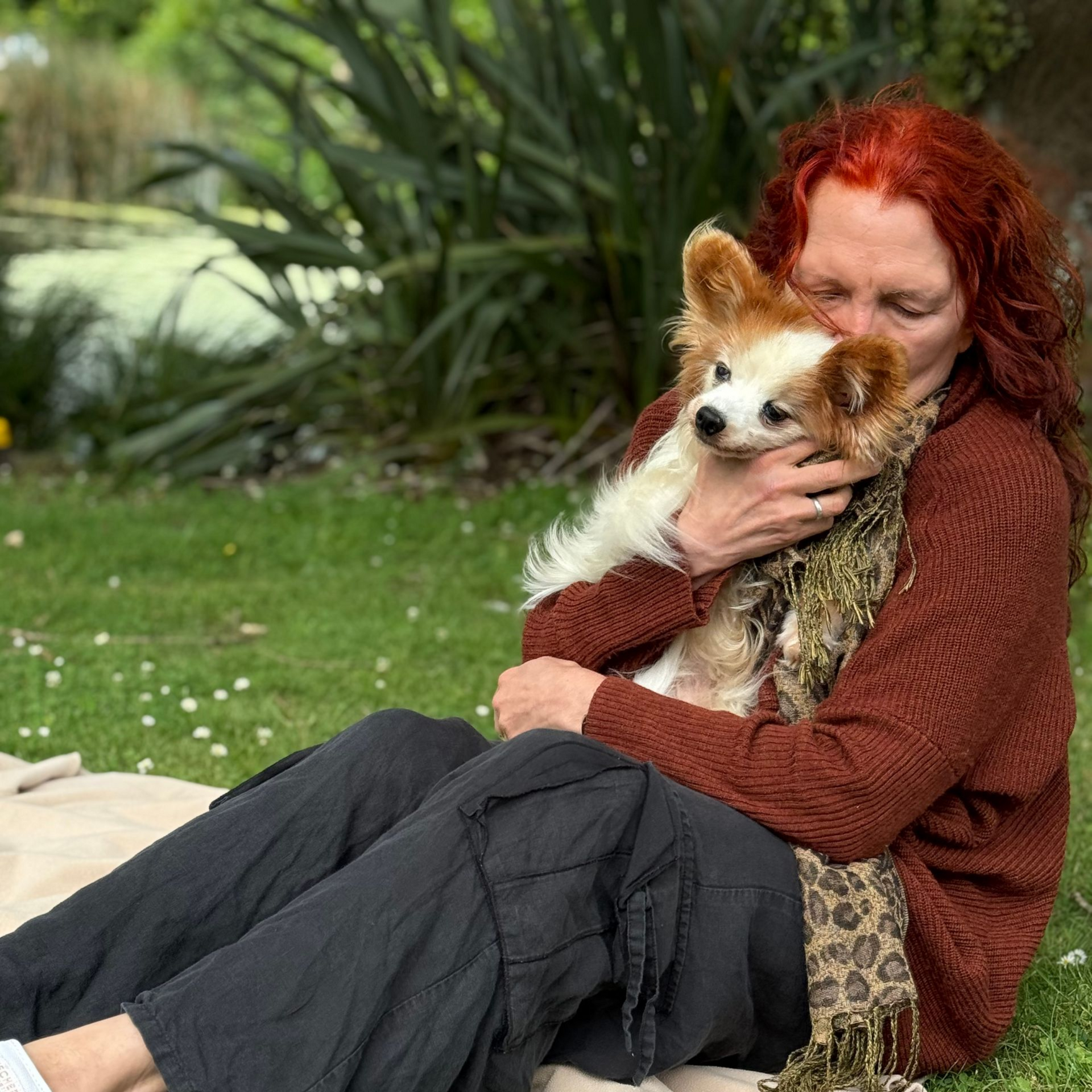Do we pay the rates, turn the heaters on, or have a proper meal this week?
That’s the decision a disturbingly large and ever-increasing percentage of New Zealand’s seniors sector is having to make.
According to Grey Power’s new National President Gayle Chambers, the situation is a whole lot more dire than is being recognised . . . including by those who should be recognising it.
“The cost-of-living crisis is affecting everyone, for sure,” she says. “But we’re talking about a sector of our society that was already struggling . . . and when I say struggling, I really do mean struggling.
“Most people not in some way impacted, or observing those impacted, have very little concept, if any, of the absolutely pitiful situation many older New Zealanders are immersed in on a daily basis.”
Chambers says that, “just by way of example” and particularly shamefully, homelessness among even the very elderly, not only exists but is increasing.
‘Nowhere Near Enough Even to Cover the Very Basics’
“Seniors get a fortnightly pension – for which they’re grateful – but it’s nowhere near enough to cover their ever-rising basic costs, and more and more, those for whom government support is their only income, are facing choices like whether they allow themselves to heat at least one room in their house, or whether it’s more important for them to have a nutritious meal rather than yet another feed of baked beans on toast.”
Chambers says a single person on the pension would receive approximately $1000 a fortnight “in their hand” or about $26,000 per year.
Admittedly, while the Ministry of Social Development will – on a case-by-case basis – add an “accommodation allowance” of a further (up to) $165 per week for someone living in Auckland or, at the other end of the scale, (up to) $70 per week for someone living in Greymouth, “it doesn’t come close to reality, let alone to allow anyone to live in any degree of even modest comfort.
‘If They’re Even Lucky Enough to FIND A Place to Rent . . . ’
“Assuming you were lucky enough to even find a place to rent for under $500 per week (and it wouldn’t exactly be flash digs), that’s your entire pension gone on rent. If you own your home, your rates might be, say, $3600 (that’s this year’s average rates bill in Blenheim where I live, by way of a random example), and you’ve got home maintenance costs on top of that, to say nothing of the position you’d be in, if you were still trying to pay off a mortgage.”
(According to one general information website, a retiree needs a minimum $734,450 nest egg to enable them to retire at age 65. But again, that’s based on completely unrealistic total annual living costs of only $25,000.)
“The sad fact is that many seniors don’t own their own home and do live in rented accommodation,” Chambers points out. “And if they can’t get council-owned or Housing New Zealand-owned accommodation, then, seniors are indeed faced with paying phenomenal rents.”
Feeding Their Pets Before Themselves
Some people actually choose to feed their pets before themselves, says Chambers.
It’s a particularly important point, she stresses, because loneliness is one of the other major “plagues” of the seniors sector and very specifically, the elderly of that broader cohort.
“Many just couldn’t live without their pets, and what a statement it is on our society that people are so alone and so forgotten and their circumstances continue to be so ignored by each successive government, that they have to make a decision like that.
“But the simple things in life, that we thought we could look forward to in our older years . . . things as simple as going to the movies, even on a Super Tuesday special . . . it’s that or a haircut this quarter, or a vet appointment if we could ever have actually afforded that.”
The Cost-Induced Social Isolation Is Extreme
The social isolation for the many seniors in this situation can be extreme.
“Because they can’t afford to go out and socialise, they’re often experiencing depression, when this has never been an experience of their ‘earning’ years.
“It can be a complete loss of identity,” she explains. “All of a sudden, you’re just this person struggling to make ends meet, whereas once you had options, you were part of society, you had opportunities for self-expression and, in whatever way you wanted to, to contribute to society.
“You had a life and you could still live your purpose.
“But now . . . now you’ve been stripped of all your choices, and increasingly also stripped of your dignity, and it’s already reached the point where the economic consequences are such that many seniors are being stripped of their actual health.
According to the 2018 census results, there were 819,600 people aged 65 years and over in New Zealand. By 2034 it is estimated there will be 1.2 million.
Grey Power – An Organisation with A History of Formidable Achievements
Grey Power New Zealand is an advocacy organisation for anyone in the 50+ age band.
It’s an organisation with two distinct arms i.e.:
- Seventy-two local representative District-based associations (52 in the North Island and 20 in the South Island), each autonomous but affiliated to Grey Power at the National level. At this District level, the emphasis of activities is on lobbying local government and local Members of Parliament to highlight and address issues specific to the seniors sector in that District.
“Grey Power Hokitika, for example, has a lot of seniors who are struggling for food, so they’ve set up a facility within their building (that they fortunately own) – where members can simply take staple items (e.g. bread and tinned food).
“Grey Power Marlborough, by contrast, is currently running a seminar series for members and the general public on specific information gaps related to aged care preparedness e.g. why you need an Enduring Power of Attorney arrangement, why you need a Will, and advanced care planning such as thinking about how you’re going to pay for your funeral and whether you actually want one.”
- At the Federation level is a Board made up of 11 people, including four that hold Executive portfolios – the President, the Vice President, Treasurer and Secretary. Seven of these Board members are nominated as Zone representatives.
According to its website, “Grey Power is a voluntary organisation founded in February 1986 by a group of superannuitants protesting against the imposition of a surcharge on New Zealand Superannuation.”
One of the organisation’s first major, flagship achievements was when it successfully lobbied the government of the day, i.e. National under Robert Muldoon, to abolish means-testing of superannuation.
“Grey Power first started as the Auckland Superannuitants’ Association, with its founders very vocal in their resistance to the surcharge. At that time, there was a media campaign against the Government of the day, so meetings were well publicised and attracted a media presence which meant the movement quickly spread and further Associations formed in other areas around New Zealand. The protest gained momentum and the surcharge was abolished.”
Its achievements in more recent years have been both substantial and significant, including but certainly not limited to:
- Lowered doctor’s fees.
- The dropping of pharmacy prescription charges.
- The appointment of an Aged Care Commissioner.
- Spot audits on rest homes.
- Super Gold card free public transport between 10am and 3pm.
- Security doors on pensioner flats.
Earlier achievements have included:
- The phasing out of NZ Superannuation asset testing (“means testing”).
- Winter Energy Payment.
- Rates Rebate Scheme indexed to CPI.
- Rates Rebate Scheme extension to include retirement village residents.
- Code of Practice and other improved regulations for rest homes.
- Removal of spousal deduction of NZ Super entitlement (Sections 187-191 of the Social Security Act 2018, formerly Section 70).
- Annual clothing allowance for grandparents raising grandchildren.
- Increased funding for glaucoma operations.
- Hearing aid subsidy increased.









